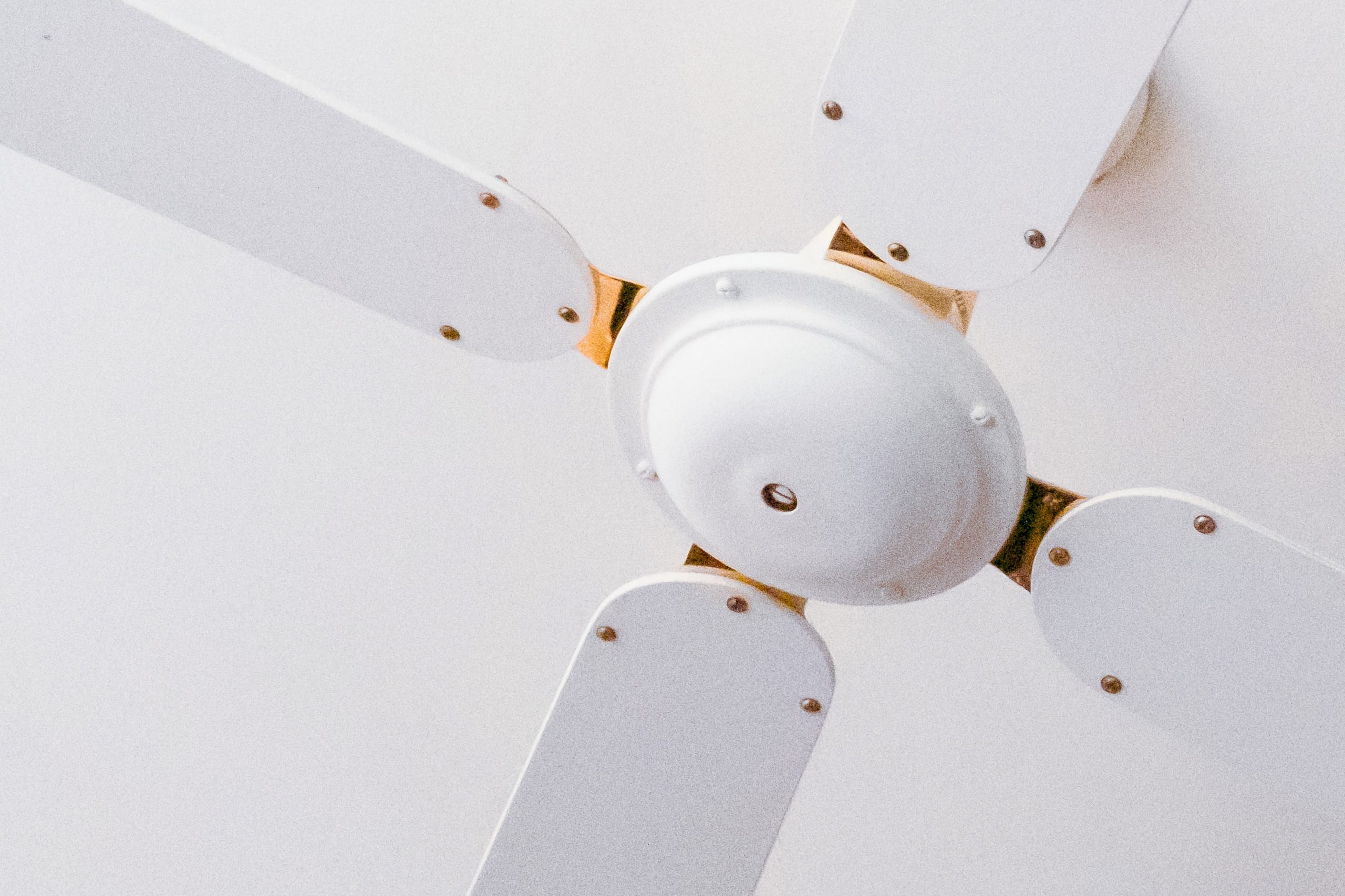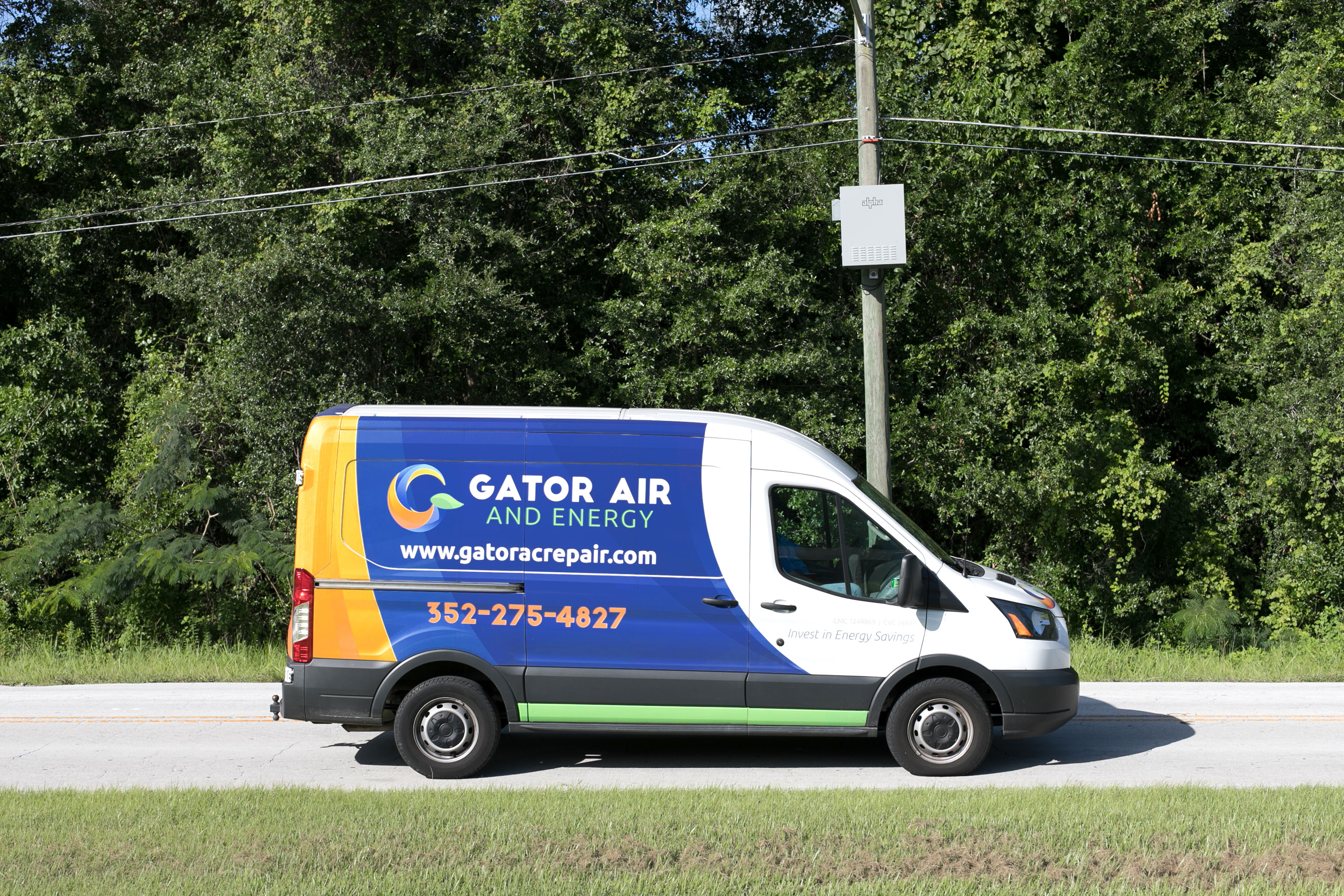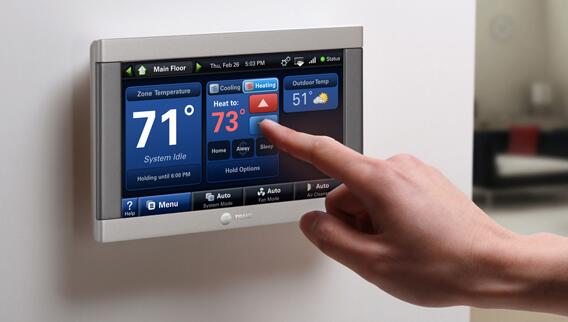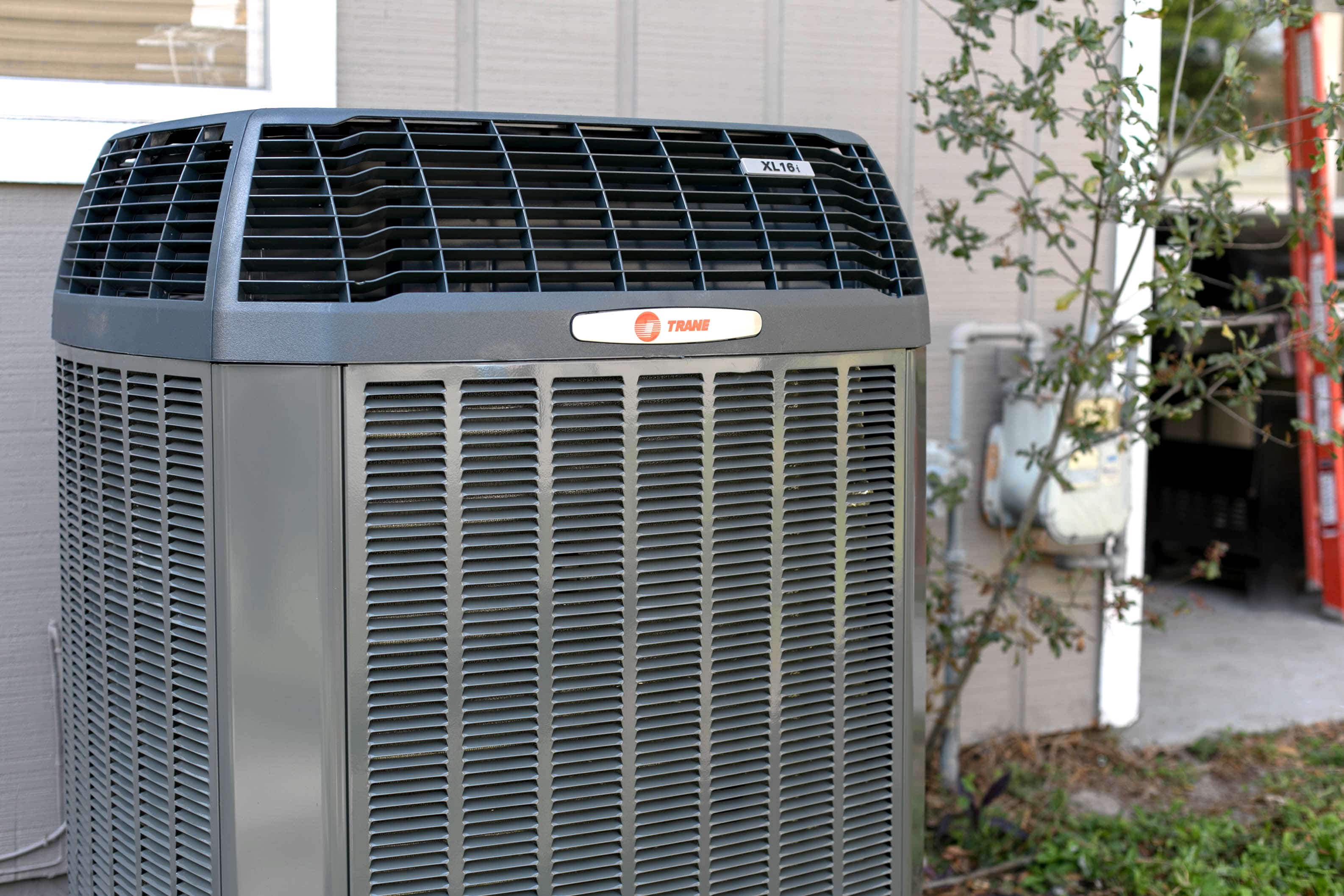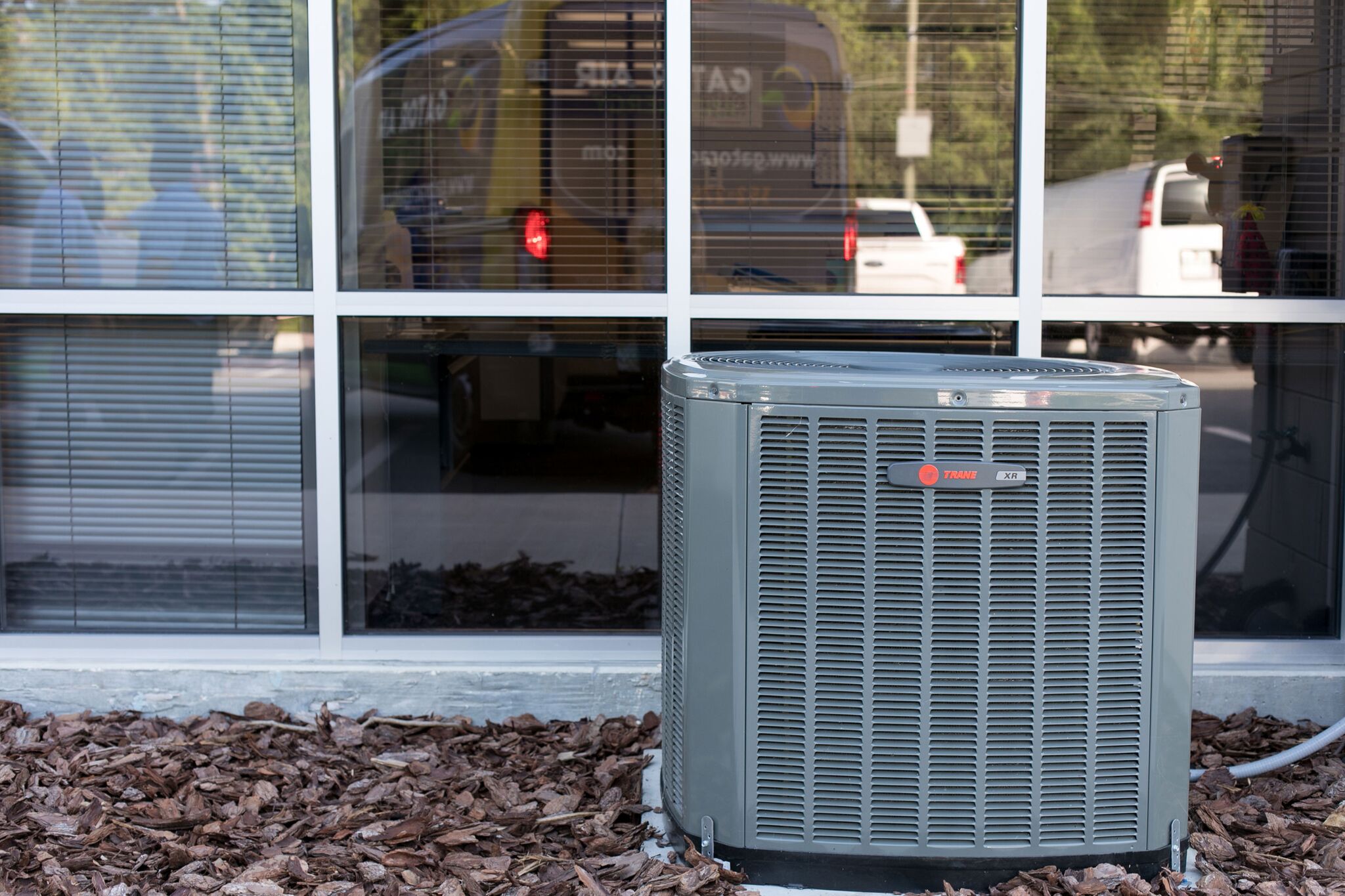Are you tired of the bare minimum air conditioning and heating systems installed in most housing developments in Gainesville, Florida? Upgrade your AC system with these top four recommended AC upgrades that can significantly improve your indoor air quality, reduce energy costs, and extend the lifespan of your equipment.
Ultraviolet light and or an air purifier/ionizer with UV lightÂ
Upgrade your AC system with a UV light that shines on your indoor coil or blower wheel to prevent fungal growth and create a sunny beach environment instead of a dark, wet forest. This upgrade improves air quality, energy efficiency, and overall hygiene. An air purifier with UV and ionization charges dust particles, making them heavier and larger, and more likely to be trapped in the filter.
Customers have reported noticing “dirtier” filters more frequently and the added benefit of removing odors. Typical installation costs range from $375 to $600 for a UV light and $950 to $1200 for an air purifier. Don’t forget to keep all necessary paperwork with part numbers as these upgrades require replacement cells or lights every couple of years.
Whole house 4-inch pleated air filter and cabinet or a 4-inch electronic air filter with washable 1-inch pre-filter and cabinetÂ
Most tract housing in Gainesville, Florida comes with a 1-inch fiberglass filter in a grille, on the wall, or on the ceiling, or a 1-inch filter in the bottom or side of the indoor air handler. However, these fiberglass filters allow larger dust and pollen particles to pass through, causing dirt accumulation in your AC system over time.Â
Upgrade to a whole house 4-inch pleated air filter installed in the return duct to trap smaller particles and maintain consistent airflow, keeping your AC system clean from dirt and dust accumulation. The gold standard for air filters is the electronic air filter, which can remove up to 98% of particles in the air and comes with a washable pre-filter that can be hosed off monthly, and electrostatic cells that can be vacuumed or washed out in the dishwasher annually.
 Although electronic air filters have a higher upfront cost, they don’t require frequent filter changes, saving you up to $120 to $150 per year. Typical installation costs range from $450 to $600 for a 4-inch pleated filter and $1200 to $1500 for an electronic air filter.
Wi-Fi thermostats such as Nest, Eco-Bee, or HoneywellÂ
Upgrade to a Wi-Fi thermostat, such as Nest, Eco-Bee, or Honeywell, and enjoy the convenience of a thermostat that “learns your schedule” by sensing occupancy through a motion detector. You won’t have to worry about your AC running when you’re not at home during weekdays and weekends, reducing run time, extending the lifespan of your equipment, and lowering energy costs.Â
Wi-Fi thermostats also offer additional features such as remote sensors, energy reports, and schedule customization via computer, unlike the basic $85 thermostat that usually comes with your home. Honeywell and Eco-Bee thermostats also have great features worth exploring. Google these stats and see the benefits of upgrading your thermostat.
Surge suppressors and premium capacitorsÂ
Protect your AC equipment from damage caused by thunderstorms, hurricanes, or power fluctuations with surge suppressors and premium capacitors. Factory-installed capacitors are typically lighter duty and come with a 1-year warranty, while premium capacitors have a 5-year warranty, providing added durability and protection. Surge suppressors can cost between $175 to $275 each, depending on quality and ease of installation. Although no guarantees can be made for future performance,
While we at Gator Air and Energy never make guarantees of future performance, we do recommend having annual maintenance. We check four main systems: the drain line which should be flushed and treated with chemicals, the refrigerant pressures, the air temperature differential in cooling, and the reading of the capacitors in microfarads to verify they are in range.Â
If you would like to get a free estimate on these upgrades, we can schedule a maintenance visit and provide you with a quote. We can also do some estimates over the phone if the homeowner is willing and able to send pictures.
We hope you have a cool summer, we look forward to hearing from you!
-Chuck


